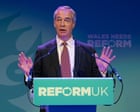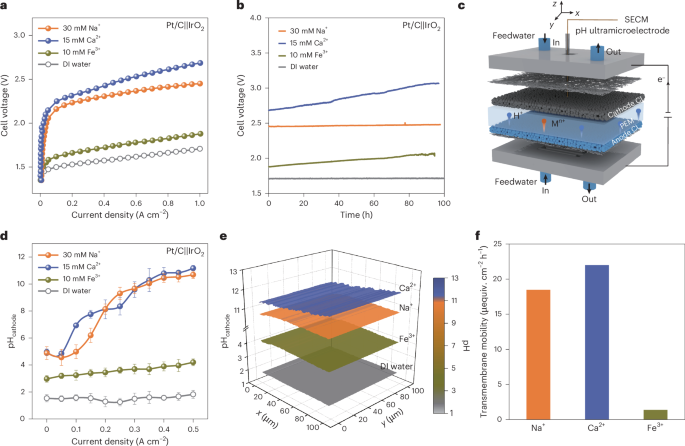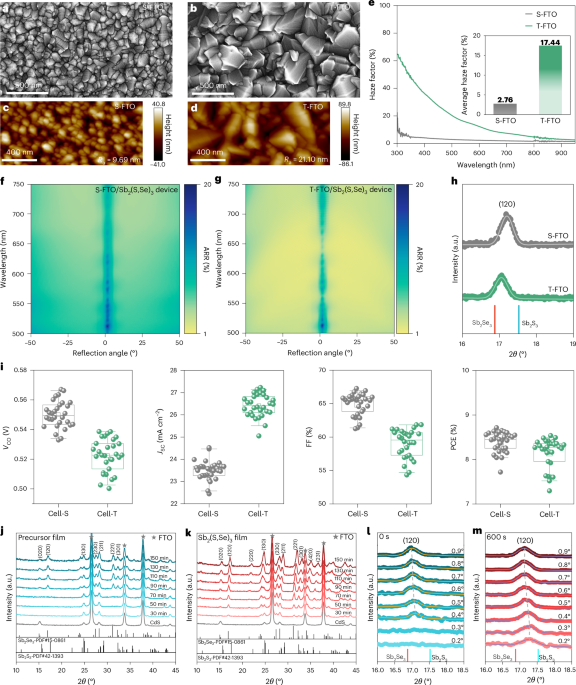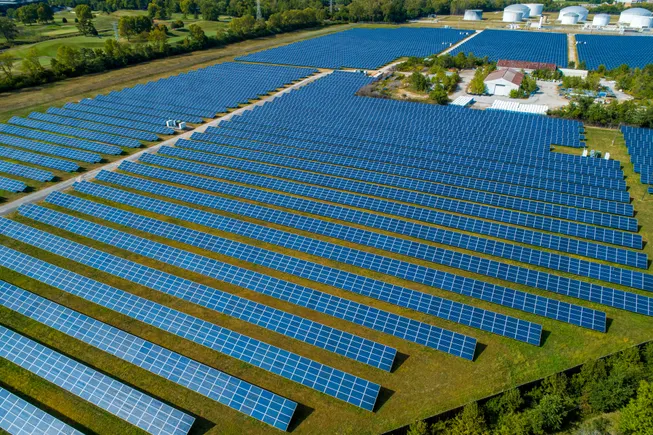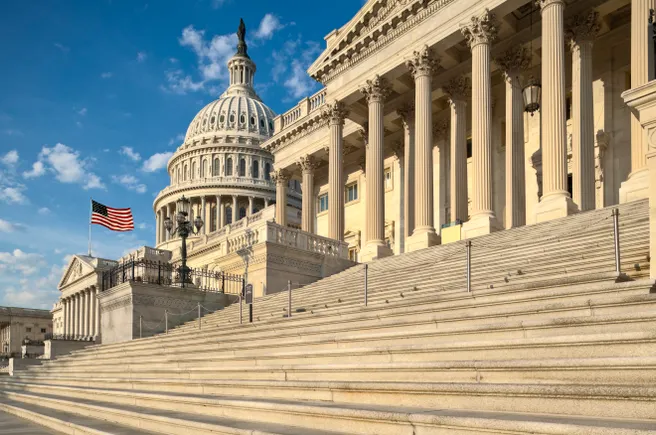STAT+: Pharmalittle: We’re reading about FDA and gene therapies, a kidney disease showdown, and more
Fears about the FDA imposing steep barriers to gene therapies for rare diseases appeared moot at an agency roundtable

Good morning, everyone, and welcome to another working week. We hope the weekend respite was relaxing and invigorating, because that oh-so-familiar routine of meetings, deadlines, and messages has returned. But what can you do? There is no pause button to stop the world from spinning. So this means one thing: time to dig in to the tasks at hand. On that note, we have assembled a menu of tidbits to help you get started. Meanwhile, we have also fired up the coffee kettle for another cup of stimulation. Our choice today is peppermint mocha. We hope your day is simply smashing and, as always, do keep in touch if something saucy arises. …
Any fears about the U.S. Food and Drug Administration imposing steep barriers to gene therapies for rare diseases appeared moot at an agency roundtable, STAT writes. Vinay Prasad, the new head of the FDA Center for Biologics Evaluation and Research, promised to “make available therapies at the first sign or promise of biomedical success,” while running long-term studies to confirm they provide benefit. “Pediatric and rare diseases are completely neglected and things completely on our radar,” said Prasad. “We are fully committed to being flexible.” Whether that translates into any new policy remains unclear. His promise could be read simply as an articulation of the 33-year-old accelerated approval pathway he once criticized. To ensure therapies reach market and to keep the U.S. ahead — the specter of “losing” to China was mentioned — panelists proposed regulators make such changes as limiting expensive manufacturing quality control requirements for the rarest diseases; creating a more streamlined approval pathway for ultra-rare conditions; and even allowing hospitals to start early trials without FDA sign-off.
President Trump’s proposal to peg U.S. drug costs to prices paid in other countries risks upending Medicaid’s drug rebate program and could hamper the ability of beneficiaries to obtain needed medications, Bloomberg Law explains. An executive order would require pharmaceutical companies to match U.S. drug prices with the lowest prices found in comparable developed nations. The Centers for Medicare & Medicaid Services will have until June 11 to communicate their most-favored price targets with manufacturers. Failure to comply with the directive could leave drugmakers subject to potential rules imposing most-favored-nation pricing, increased oversight and enforcement of drug industry business practices, and a possible amendment to the Federal Food, Drug, and Cosmetic Act that would open the door for prescription drugs to be imported from low-cost countries. Under Medicaid, drugmakers agree to offer state agencies the lowest price charged to any client — such as health providers, wholesalers, or insurers — in exchange for access to 78.5 million beneficiaries. If a most-favored-nation provision were allowed to enter the U.S. market, it is almost certain to affect the choices of drugs available.



























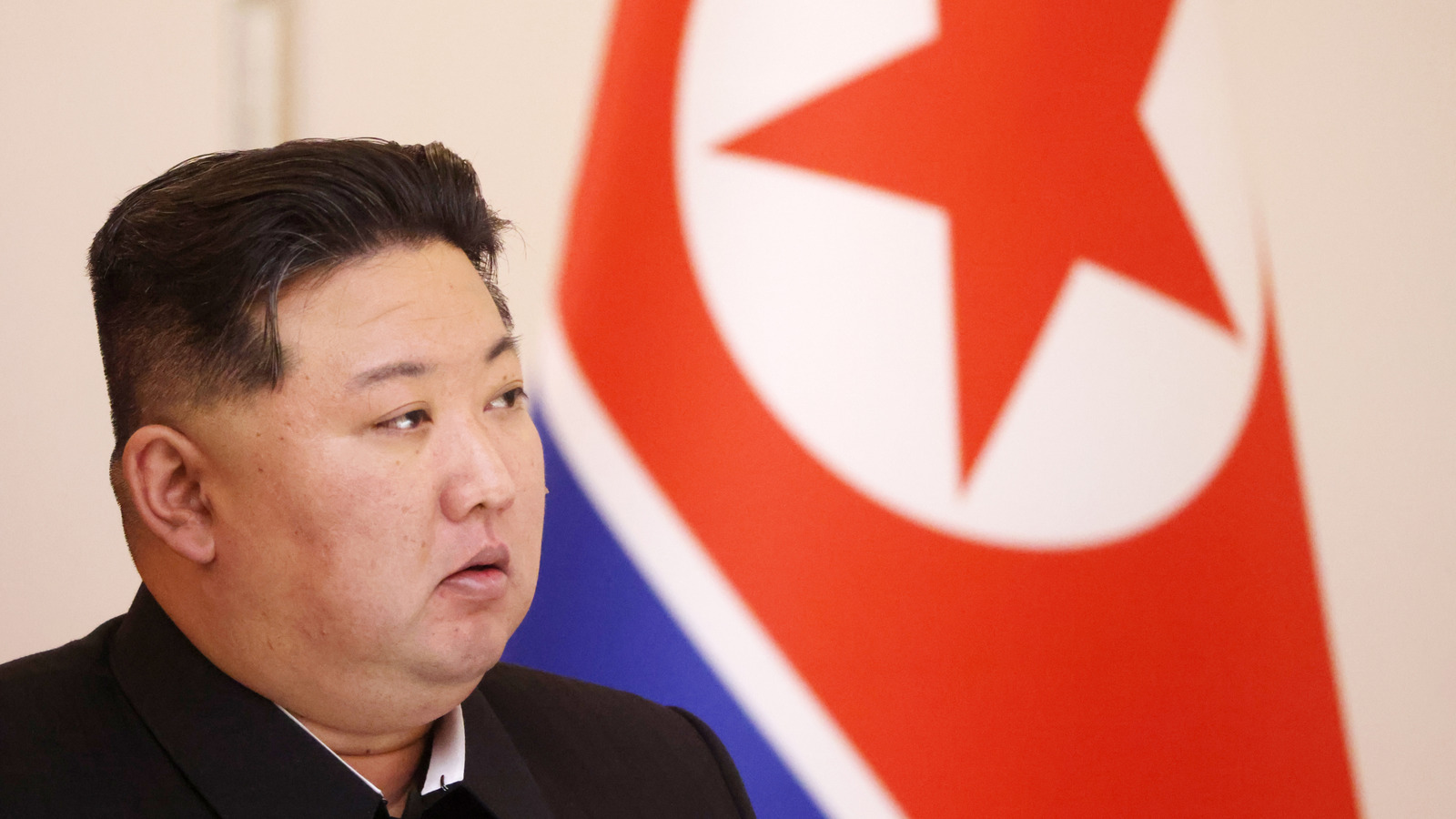

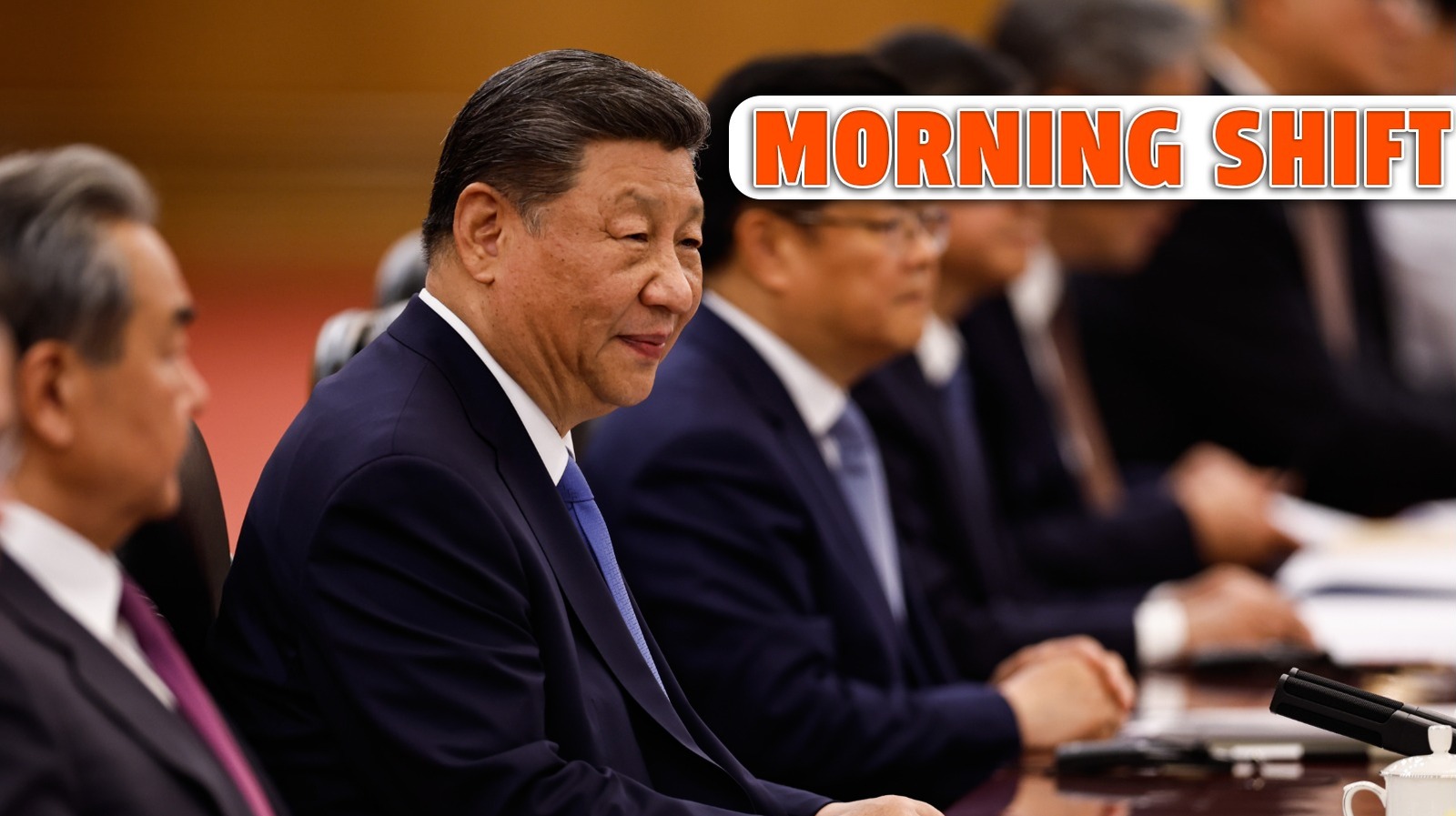












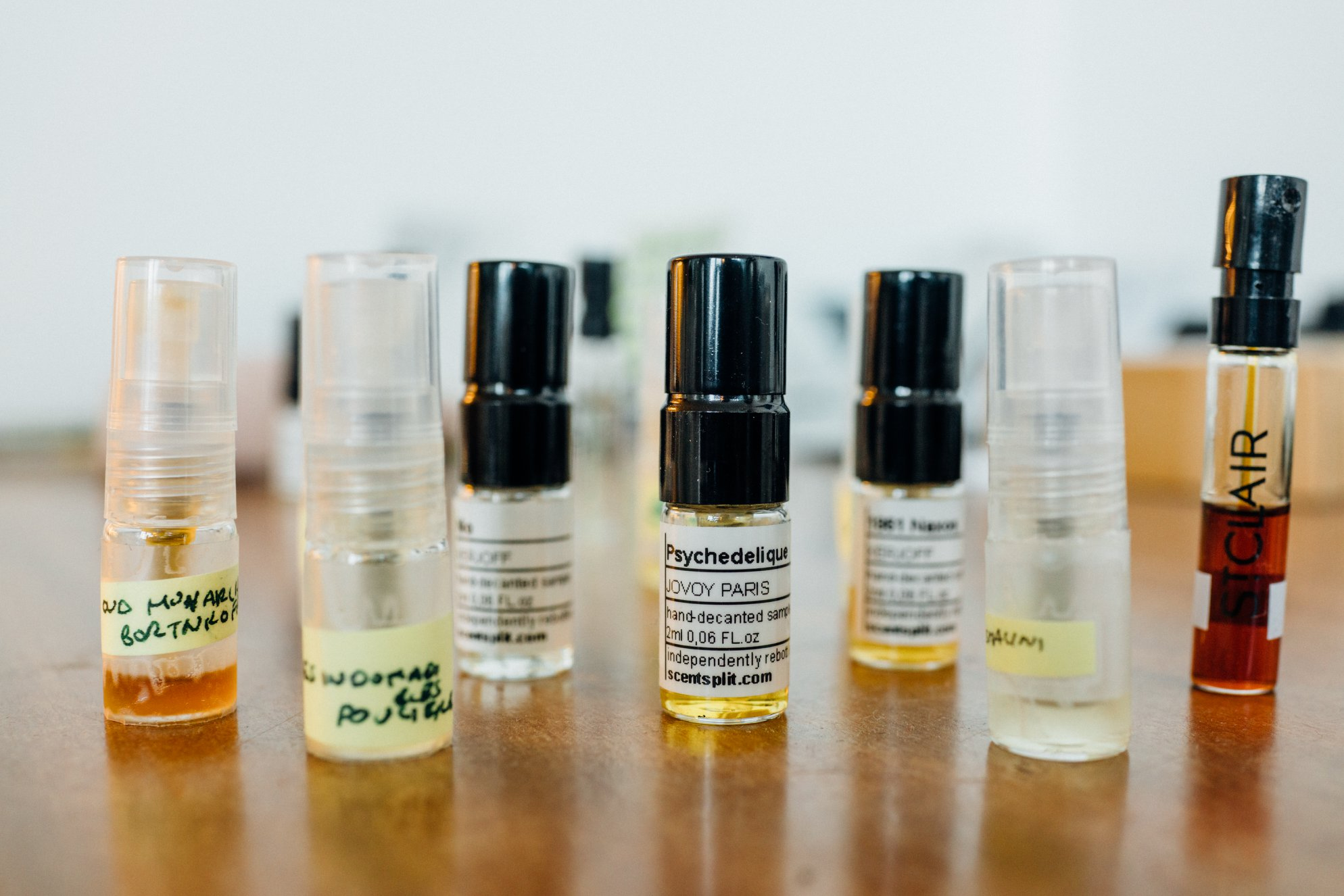

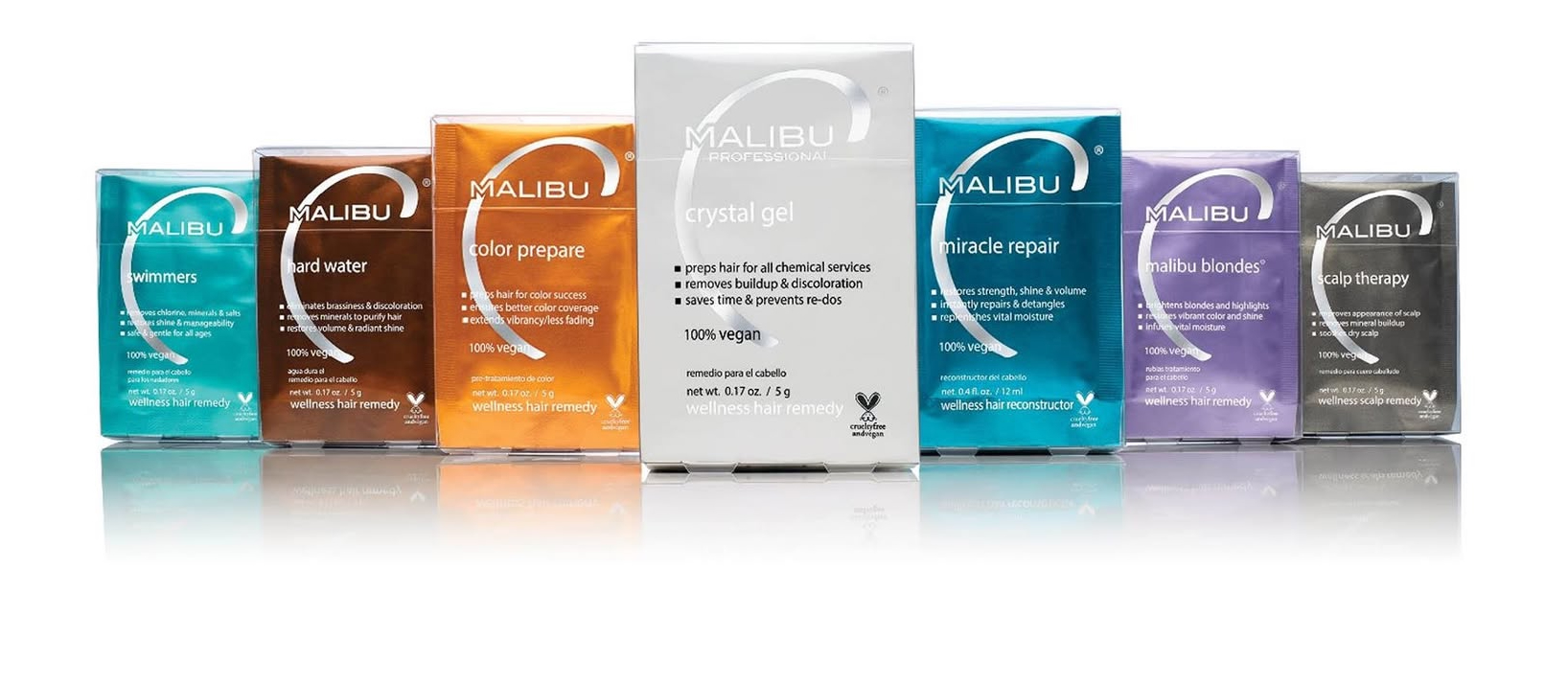









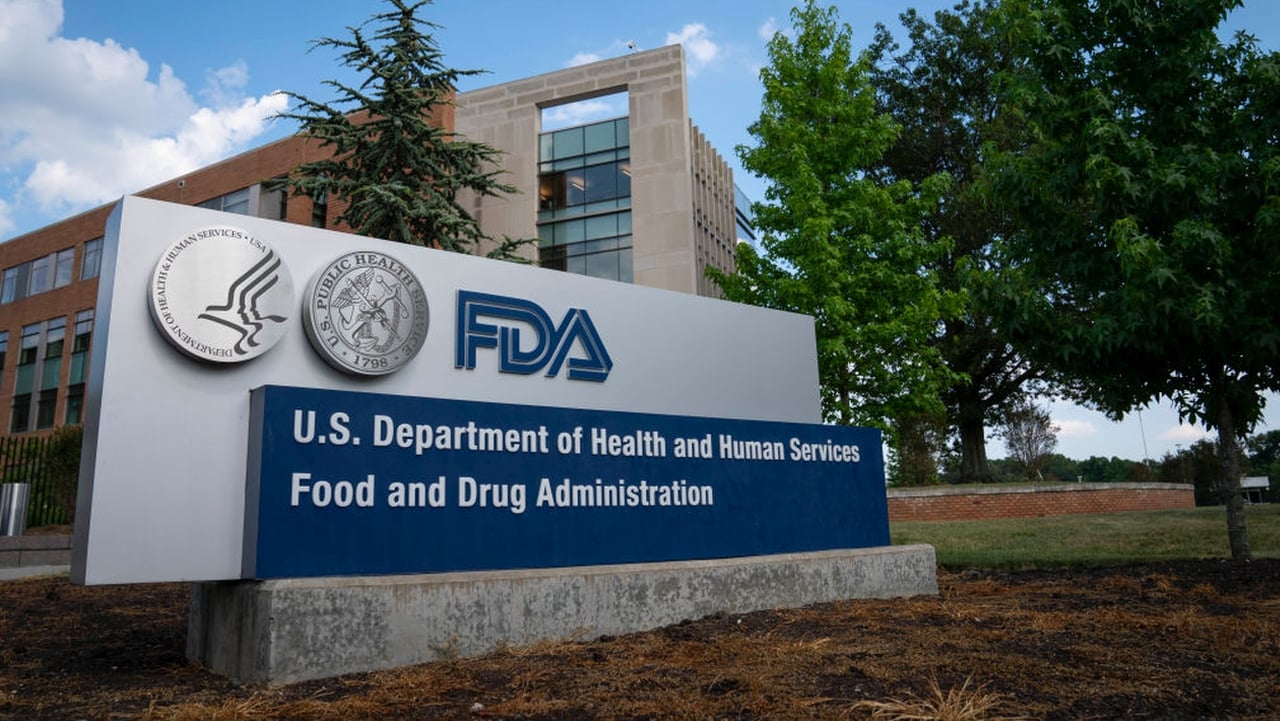



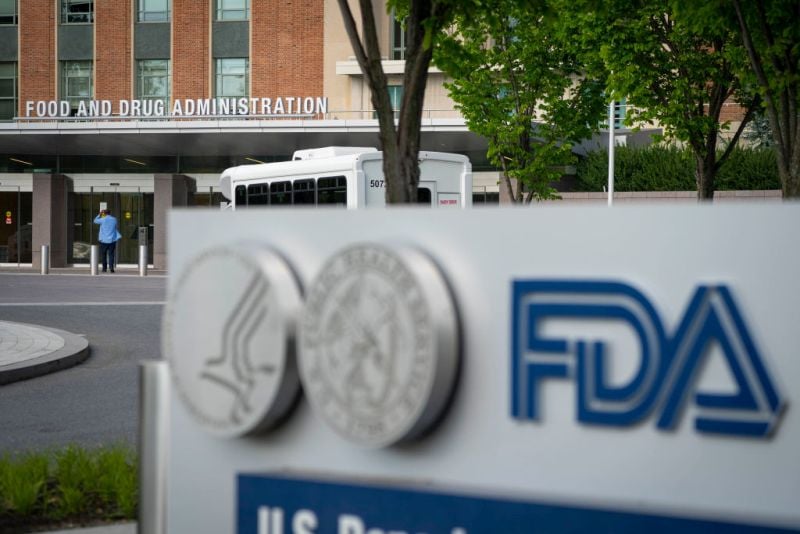


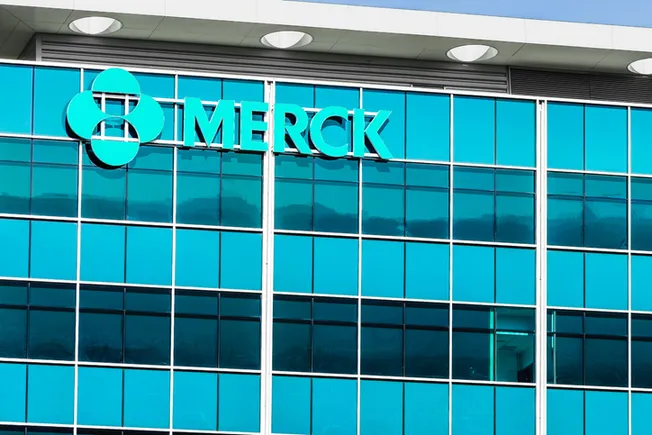

![[Podcast] Trial Trailblazers: Behind clinical breakthroughs](https://imgproxy.divecdn.com/cr_gUY8HHfHKWVfM5mEkCyXB9OzVqKd0L_Zq5ZJQSoM/g:ce/rs:fit:770:435/Z3M6Ly9kaXZlc2l0ZS1zdG9yYWdlL2RpdmVpbWFnZS9CaW9QaGFybWFEaXZlX1BvZGNhc3RfY292ZXIxMzQ2eDcyOV9SMi5wbmc=.webp)























































